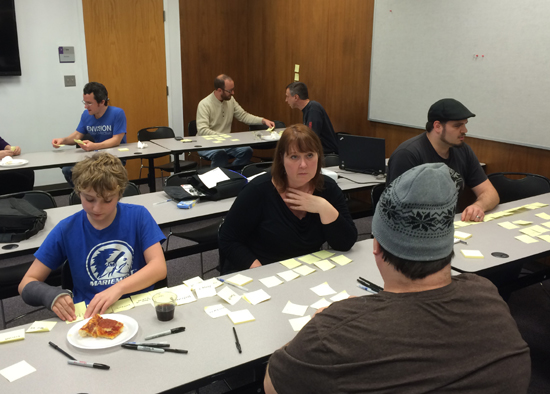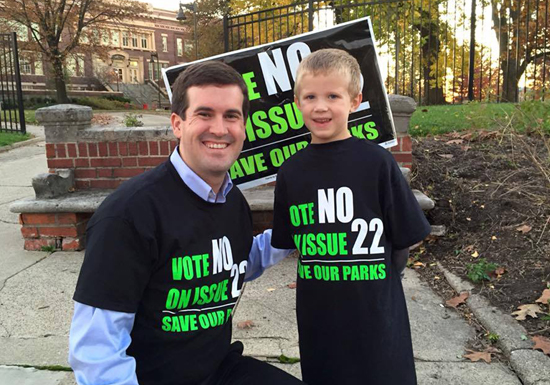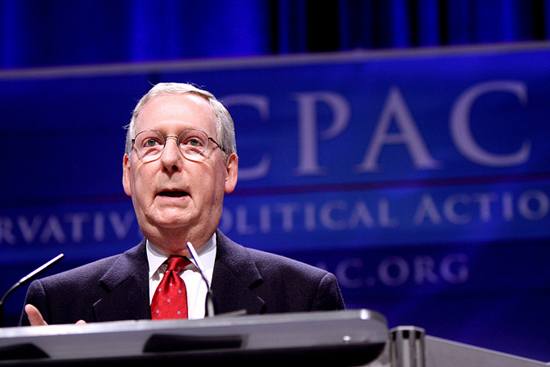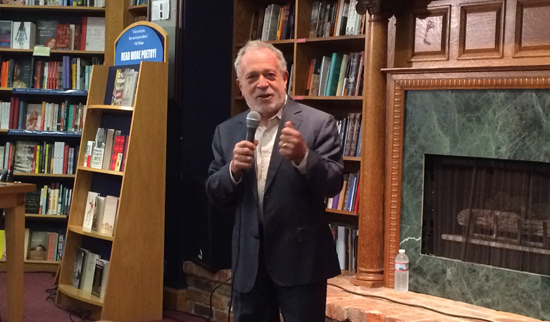Not long ago, a good friend and I had an e-mail thread about framing. He took issue with one of my definitions of framing as “genuinely communicating your beliefs.”
In his words:
“Framing” is when you successfully communicate your beliefs in the language that appeals to your intended audience. For example: tailoring your language and metaphors to veterans (“honor” and “duty”) or to union members (“solidarity” or “standing shoulder to shoulder”) or to soccer moms (“our children are our future!”). Framing means using the reference points which already exist within your audience’s mind to explain how your political issue fits into their preconceived notions.”
His view is that framing is using language to explain something to someone in a way that makes sense to how they already think. Framing is simply using the right language. This view goes something like this: We just need to use the right language or words. We just need to develop the right message.
Here’s Bill Maher expressing a similar view:
Democrats need to stop despairing about the gloomy midterm predictions, and realize there’s actually a glimmer of hope, and it has to do with suicide. Let me finish. For decades now, liberals pushed the issue of assisted suicide, and it got nowhere. Then, they started to call it ”aid in dying”, and its approval shot up 20 points and it’s now legal in 5 states. That’s the power of language.
While I believe this gets part of it, I’ve come to believe that framing is about more than just language.
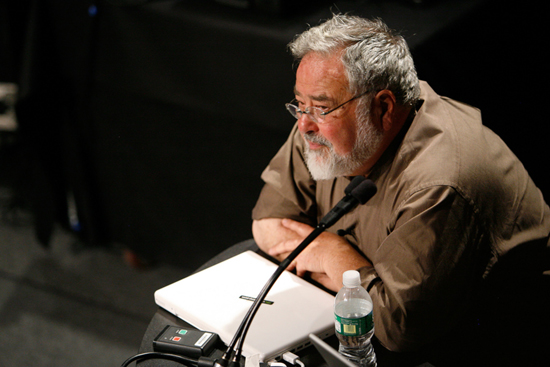 George Lakoff. Photo CC2.0 courtesy of Pop!Tech.
George Lakoff. Photo CC2.0 courtesy of Pop!Tech.
Recently, George Lakoff spoke about this misconception:
So people never got that idea. They thought I was talking about language, about messaging. They thought that there were magic words, that if I gave the right words, immediately everybody would get it and be persuaded. They didn’t understand how any of this works. And I, coming into this, didn’t understand what the problem was. It took me a while to figure it out.
What is framing then?
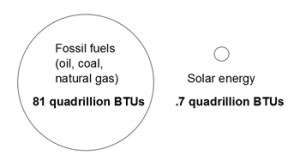 In 2013, fossil fuels accounted for 115x the amount of production from solar energy. Source: Forbes[/caption]
In 2013, fossil fuels accounted for 115x the amount of production from solar energy. Source: Forbes[/caption]


